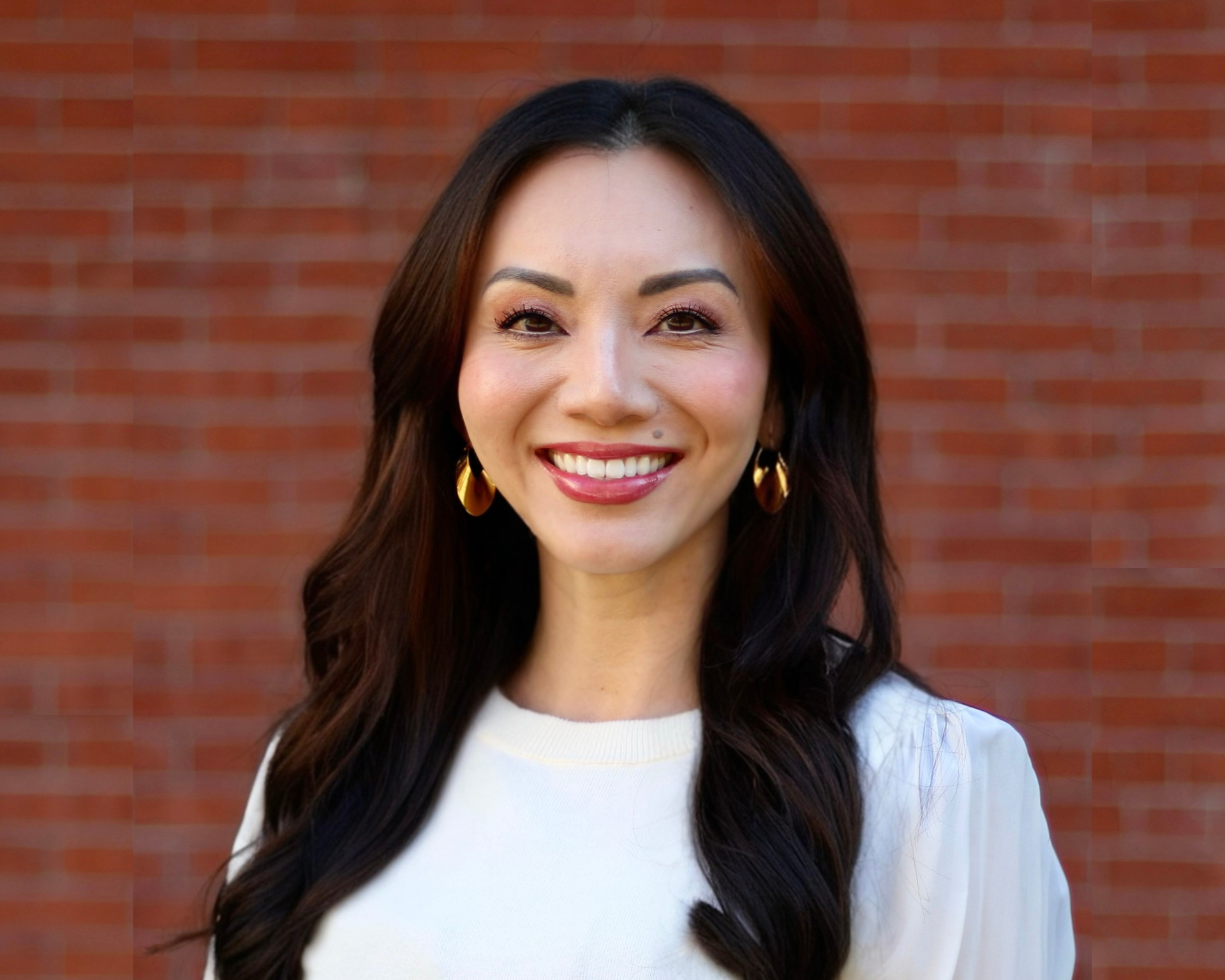Meet Our Team: Monica L. Wang
Monica L. Wang, PHP's executive editor, discusses her public health passions and what drew her to the work of Public Health Post.

Read Time: 5 minutes
Published:
Over the last several weeks, we have published a series of Q&As introducing our readers to the people behind the work here at Public Health Post: our student fellows and editorial team. Next up is Monica L. Wang, PHP’s executive editor. A nationally recognized public health leader, researcher, author, and educator, Monica provides our student fellows with in-house scientific expertise and communication guidance. She also serves as the lead curator of all PHP-related content.
Learn more about Monica, her public health interests, and what drew her to the work of PHP below.
What public health issue are you most passionate about, and why?
I’m most passionate about addressing the upstream, structural factors that shape our health, long before a person sees a doctor. Everyone should have an opportunity to achieve their fullest health potential, no matter the circumstances in which they’re born. But too often, a person’s ZIP code, family income, gender, or race determines their access to safe housing, quality education, healthy food, and clean air.
As a former bussing student, I saw firsthand how neighborhood resources (or the lack of them) shape everything from educational and career opportunities to daily stress, sleep, and nutrition. That experience grounded my understanding of health disparities and continues to fuel my commitment to community and public health.
My work focuses on shifting those root conditions through research, storytelling, and partnerships so that health is a shared foundation for all. I’m also passionate about helping people see that public health isn’t just the job of doctors, researchers, or public health professionals. Public health is something we all shape, whether we work in policy, design, education, business, or beyond. No matter your background or training, there’s a role for you in building healthier communities. Sometimes, all it takes is one person to spark a ripple that leads to real change.
What drew you to Public Health Post, and what are you hoping to contribute or learn?
Early in my career, a mentor encouraged me to think beyond academic journals and invest in science communication as a way to make research matter in the real world. That lesson stuck with me. I was drawn to Public Health Post because it lives at the intersection of research, storytelling, and impact. Translating data into compelling, accessible stories that spark action is both an art and a responsibility. I hope to strengthen PHP as a platform that amplifies diverse voices, bridges disciplines, and helps public health research truly serve the public. I also look forward to learning from the wide range of research and perspectives that fellows and external contributors bring. There’s always something new to discover when you’re surrounded by curious minds asking bold public health questions.
What’s a public health myth or misconception you’d love to bust?
That individual willpower and a “quick fix,” like a pill or a shot, is all it takes to be healthy. We’ve built a system that often treats symptoms with medication rather than addressing the root causes of poor health. But no prescription can replace clean air, safe housing, nutritious food, quality sleep, regular movement, or genuine social connection. Health isn’t just a personal choice—it’s shaped by the environments we live in and the policies that surround us. To truly improve health, we need to invest in the foundations that make well-being possible for everyone.
What’s the hardest part about translating public health research into something accessible
Striking a balance between clarity and complexity, especially when the audience has a wide range of values, life experiences, and backgrounds. It’s not just about getting rid of jargon; it’s about respecting the nuance of the research and the lived realities of the people. The challenge is to make science understandable without making it one-size-fits-all. But when done well, it’s powerful. It moves information out of ivory towers and into people’s lives.
How do you know when a story is worth telling?
When the story reveals something deeper than the data and helps us see the human stakes behind the statistics. I look for stories that challenge assumptions, highlight overlooked voices, or help us understand why patterns in population health exist, and most importantly, what we can do about it. The most powerful stories connect across difference, stir empathy, and move people to act.
If you weren’t in public health, what job would you want to try for a day?
A chef with my own cooking show on the Food Network (think Public Health Meets Pinch of Salt). I love teaching, I love food, and I can definitely talk my way through a good sauté. Bonus points if I get to sneak in nutrition tips while flambéing.
Coffee or tea?
Dark roast coffee. Black—no fuss, just fuel.
Early bird or night owl?
Neither. I peak at high noon as a midday machine.
Last book you read and loved?
Emily Wilde’s Encyclopaedia of Faeries by Heather Fawcett. It’s whimsical and just the escape I didn’t know I needed.
Dream vacation spot?
Somewhere tropical like Hawaii or Jamaica. Give me sun, saltwater, fresh food, and good vibes.
